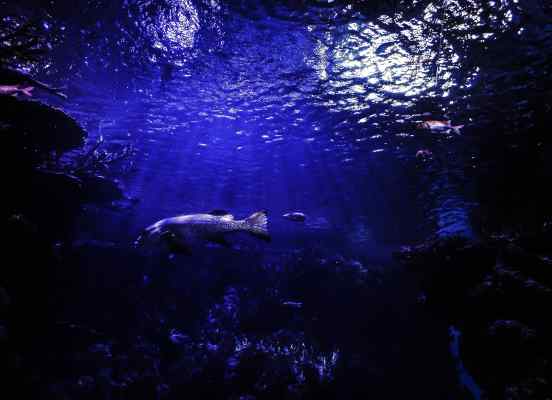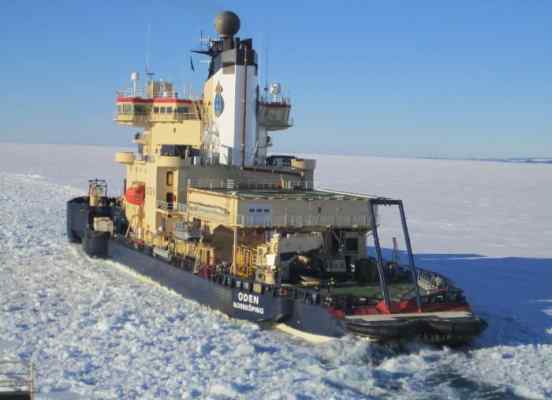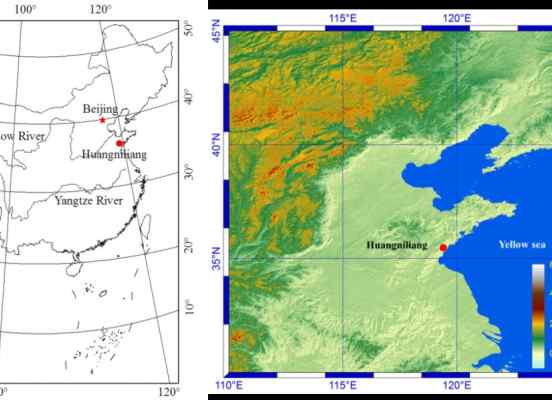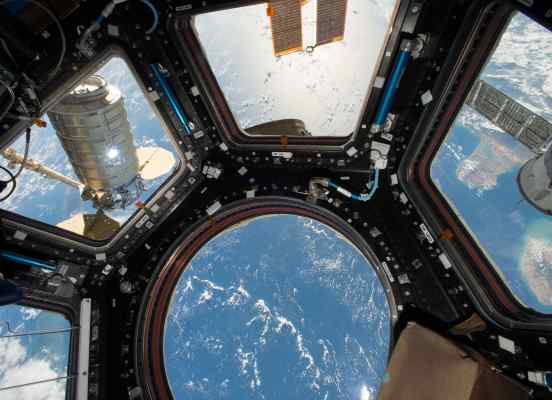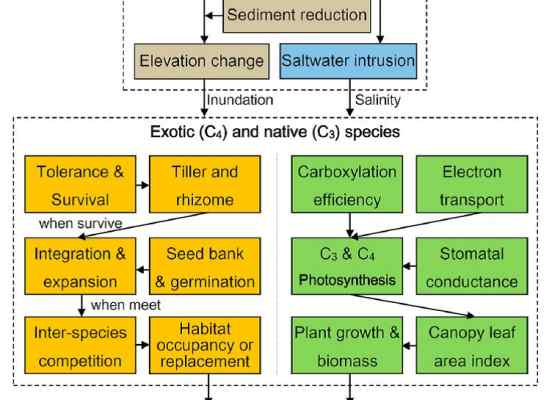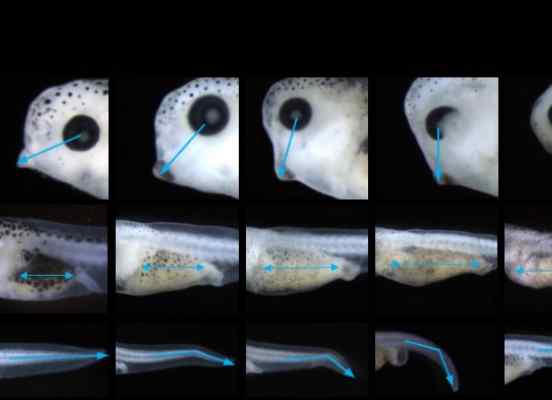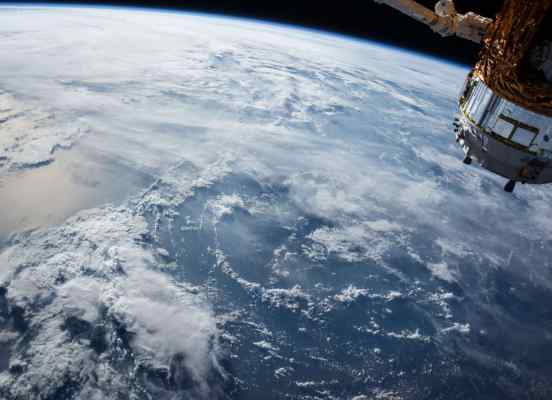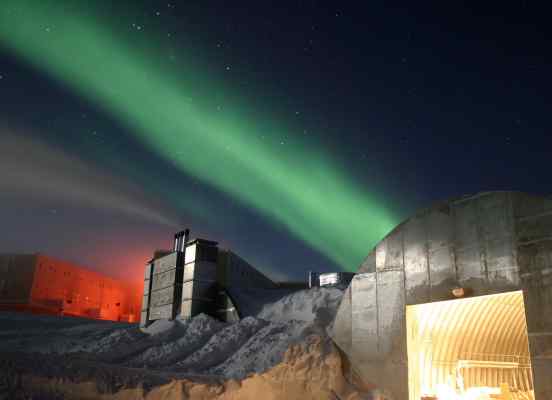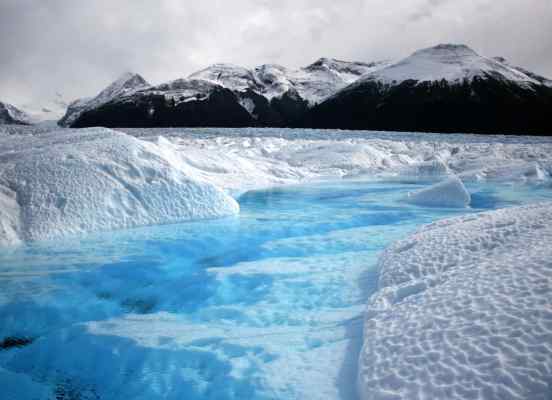Description
The Southern Ocean plays a critical role in the global carbon cycle, absorbing a substantial fraction of anthropogenic CO2 from the atmosphere, and ventilating the deep, carbon-rich ocean basins. Despite its importance, our understanding of air-sea CO2 exchange in the Southern Ocean is far from complete. Ocean models, atmospheric data, and ocean observations indicate that the Southern Ocean sink for atmospheric CO2has substantially weakened in the last few decades, relative to the expected sink from rising atmospheric CO2and an ocean circulation that is not changing. Coarse resolution ocean models suggest that the primary cause of the sink reduction is a trend in the position and intensity of the Southern Hemisphere westerly winds and the subsequent increase in the upwelling and equatorward transport of CO2-rich water. Relatively sparse sampling in the Southern Ocean has thus far prohibited investigation of these processes from an observational perspective. This project is intended to quantify and understand the spatiotemporal variability in Southern Ocean biogeochemistry using data collected in the Drake Passage measurement program, data collected in other parts of the Southern Ocean, and output from an ocean biogeochemical and ecological model. This study will help to confirm these trends and understand the cause of decreasing CO2 uptake in the Southern Ocean in recent decades.
The Drake Passage is uniquely situated to capture the variable and changing distribution of biogeochemistry in the Southern Ocean. Its long history of physical and biogeochemical measurement, beginning with GEOSECS and WOCE and continuing with the current transect program, has provided the oceanographic community with an abundance of data that can be used to investigate the mechanisms creating variability and trends in Southern Ocean CO2 uptake. In the proposed study, variability and trends in nutrients and carbon isotopes will be examined at multiple scales and locations in the Drake Passage to understand the processes driving both short-term variability and long-term trends. These trends will be quantitatively compared to those observed in other Southern Ocean locations.
Areas of research
- Coastal Dynamic Geomorphology
- Estuarine Sediment Dynamics
- Sediment Process

